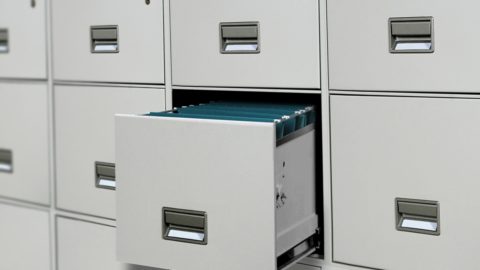Attorneys have different reasons for keeping time. Some plaintiff attorneys prudently record time to support a fee award, or to ensure they are paid if they are terminated during litigation. Defense attorneys typically bill by the hour and time records establish the work performed.
In Taylor v. Traylor, 20 Cal. Daily Op. Serv. 5354, the Court of Appeal clarified that when a dispute arises regarding an attorney’s entitlement to fees, the best evidence of work performed is contemporaneous time records.
The Court stated “every lawyer who has kept time sheets knows delays in recordkeeping diminish accuracy. If you are a month late, it is hard to reconstruct a bygone day in six-minute intervals.” It went on “unless you kept detailed contemporaneous records according to some reliable method, common experience will lead observers to regard your tardy and self-serving six minute claims as largely fictional.” The Court opined that “For this reason, wise lawyers keep accurate time records.”
The Court acknowledged that time records can be bothersome, but reasoned that clients paying the attorney’s bills usually care about accuracy. It wrote, “The public is entitled to confidence the justice system is just as careful about getting legal bills right as it is about getting everything else right.” Timekeeping software now makes it easy to be accurate.
The Court acknowledged a lawyer can establish the time spent rendering services through testimony. But, it is risky to skip contemporaneous timekeeping if an attorney must later establish effort to a trier of fact. In such a case, the attorney will appreciate his or her contemporaneous time records.
This is an important case for both plaintiff and defense attorneys. For plaintiff attorneys, contemporaneous time records are the best proof to support a fee award or to pursue fees after replacement by later counsel. For defense attorneys, this case reminds them time records address the not uncommon situation of a fee challenge by a dissatisfied client. In both cases, contemporaneous time records are the best evidence of hours worked and services performed by an attorney. Making the effort to keep contemporaneous time records can ensure that an attorney is compensated for the time spent on a client’s matter.
About the Author:
John Sullivan is a partner at Long & Levit, where he handles professional liability cases, attorney fee disputes, partnership disputes, and state bar disciplinary matters. He also serves as the Chair of BASF’s Legal Malpractice Section.




